We all know about the importance of consuming Vitamin C-rich foods, but what about putting it on your face? Whether you have oily, dry, or combination skin, Vitamin C serum can be the perfect addition to your skincare routine. If you’re ready to learn the ins and outs of how to use vitamin C serum properly, this article is for you.
But at what point in your skincare routine should you add a serum? Who should avoid it? What are the best brands? I’ll dig into the details & you’ll know exactly what to look for when shopping for your new serum!
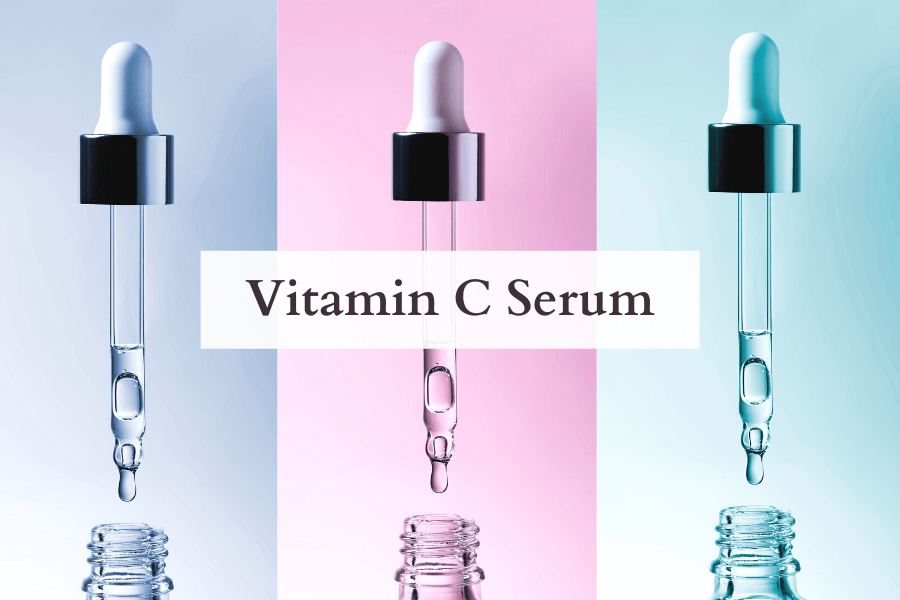
(Note: This article contains affiliate links, meaning In On Around will make a small commission at no additional cost to you. This helps me maintain the site. As always, I value full transparency & only work with brands I love and trust.)
What Is Vitamin C Serum?
As its name states, Vitamin C serum is a liquid or gel that is packed with Vitamin C, a potent antioxidant with a long list of health & beauty benefits. It’s meant for the everyday skincare routine and is applied topically. In general, most Vitamin C serums contain between 5% to 30% of the active ingredient.
There are a couple of different forms of Vitamin C: L-ascorbic acid, tetrahexyldecyl ascorbate, ascorbyl palmitate, ethyl ascorbic acid, sodium ascorbyl phosphate & more. Each form has a different pH and can affect your skin in different ways (as well as oxidize at different rates).
Vitamin C serums can have different levels of the active ingredient.
Are There Different Names For Vitamin C Serum?
Yes, there are different names for vitamin C serum. On a product’s ingredient label, it may be listed as:
- L-ascorbic acid
- Magnesium ascorbyl phosphate
- Tetrahexyldecyl ascorbate
- Retinyl ascorbate
- Ascorbyl palmitate
- Sodium ascorbyl phosphate
Some of these forms of Vitamin C are mixed with other active compounds.

What Are The Benefits of Vitamin C Serum?
There are so many benefits to adding Vitamin C serum into your daily skincare routine (and it’s backed by studies)![1]
Vitamin C serum may…
- Reduce the appearance of wrinkles
- Increase the production of collagen & elastin in your skin (these keep your skin plump & supple)
- Improve skin texture (can help with little bumps)
- Help with wound healing (say bye-bye to those healing pimples)
- Protect from sun damage and pollution
- Hydrate the skin
- Improves skin hydration
- Even out skin tone, hyperpigmentation, & complexion
- Decrease dark spots or scarring
… sounds like a winner to me! It can be an excellent addition to your skincare routine.
How Do You Layer Vitamin C Serum?
It’s best add the Vitamin C serum after you cleanse & before you put on moisturizer and SPF. If you’re using a Vitamin C dropper, add a couple of drops around my face & neck (you don’t want to neglect your neck!). You don’t need to go crazy – a little bit can go a long way.
You can choose to use Vitamin C serum in both your daytime and nighttime routine – just make sure you put on SPF during the day since it can make your skin extra sensitive to the sun! If you use other serums, it’s best to use no more than 1-2 at a time. For instance, I use other serums at night, so I only use Vitamin C in my morning routine.
Pro tip: make sure you don’t touch the dropper directly to your face – this is how bacteria begins to breed in your serum… nasty!
Never touch the dropper tip directly to your face.
Who Should Avoid Using Vitamin C Serum?
If you have extra sensitive/inflamed skin, psoriasis, or eczema, always take caution when incorporating new products into your skincare routine. Vitamin C serum is usually gentle enough for all skin types, but you know your body the best. It’s best to do a spot-test to ensure you’re not sensitive or allergic.
Beware: don’t use benzoyl peroxide with Vitamin C serum.
If you’re using benzoyl peroxide products (common with acne spot treatments and washes), it’s best to avoid it in the same routine as vitamin C. It can lead to serum oxidation. Instead, use Vitamin C in the morning & benzoyl peroxide at night.

What Should You Look For?
Depending on the type of Vitamin C used, it can quickly oxidize, turning it an orange/brown color (and rendering it pretty useless). Make sure you look for…
- Dark or tinted glass bottle packaging
- The addition of Vitamin E + Ferulic Acid
- Airtight packaging
- Opt for a serum that is more concentrated, not creams or lotions
- 10-20% L-ascorbic acid (pure Vitamin C) has the most research done on effectiveness, so it is considered one of the best forms, however it can oxidize very quickly and may be too sensitive for certain skin types.
Heat and light can expedite the oxidation and expiration process, therefore it will last the longest when stored in a cool, dark place. Some people prefer to use the fridge for this purpose, but I store it in the original box inside a dark cabinet in my bathroom. A table-top beauty fridge is another great option!
What Are My Favorite Brands?
Mad Hippie (which uses sodium ascorbyl phosphate and other botanical extracts) is my favorite! Not only is it incredibly effective, but it’s non-toxic and doesn’t contain any ingredients known or suspected to cause endocrine disruption.
Note: C E Ferulic by SkinCeuticals has a cult following, but it is certainly a high-price point at over $100. This option uses L-ascorbic acid, however, it contains ingredients that I personally try to avoid (such as propylene glycol, phenoxyethanol, etc…).
Vitamin C Serum – Frequently Asked Questions
Click on the below FAQs to learn more about how to use Vitamin C serum properly!
What is vitamin c serum?
What are the benefits of vitamin c serum?
What is the best vitamin c serum?
Should I use vitamin c serum?

Vitamin c serum is a great addition to a skincare routine! However, if you have extra sensitive/inflamed skin, psoriasis, or eczema, always take caution when incorporating new products into your skincare routine. Vitamin C serum is usually gentle enough for all skin types, but you know your body the best. It’s best to do a spot-test to ensure you’re not sensitive or allergic.
When should you use vitamin c serum in skincare routine?
If you’re ready to transform your skin, Vitamin C serum is the perfect addition to your routine. Say goodbye to dull and blotchy skin!
Do you incorporate Vitamin C serum into your skin-care routine?
Let me know your thoughts! You can watch our web story here.
xoxo,

Want to read more? Check out my other articles here!
Information on “How To Use Vitamin C Serum Properly” from Healthline, Allure, Beautylish, Self
Copyright In On Around LLC 2021 © The statements made on this website have not been evaluated by the FDA (U.S. Food & Drug Administration). They are not intended to diagnose, treat, cure, or prevent any disease. The information provided by this website should not be used as individual medical advice and you should always consult your doctor for individual recommendations and treatment.

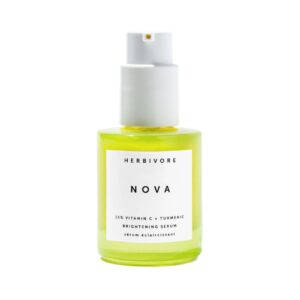
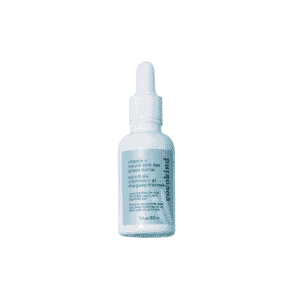
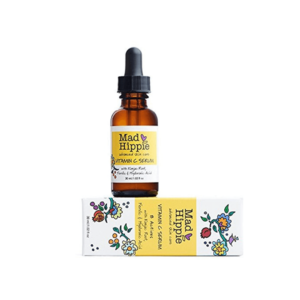
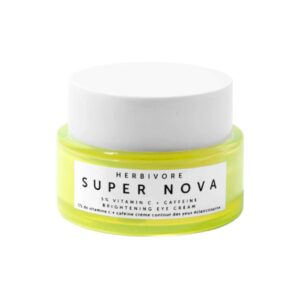
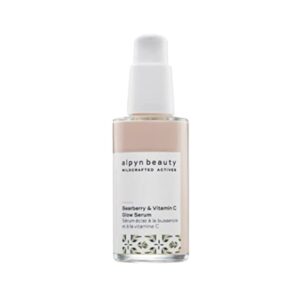


One Response